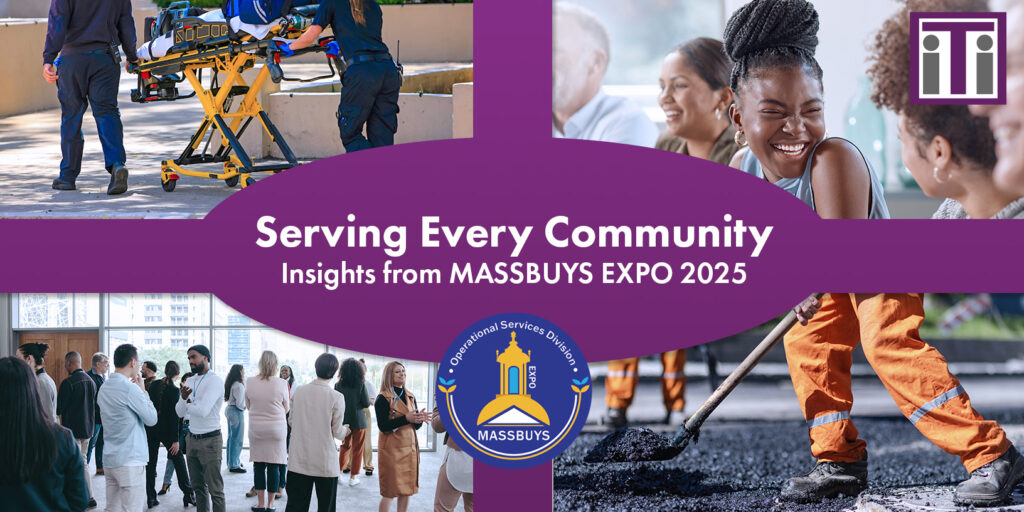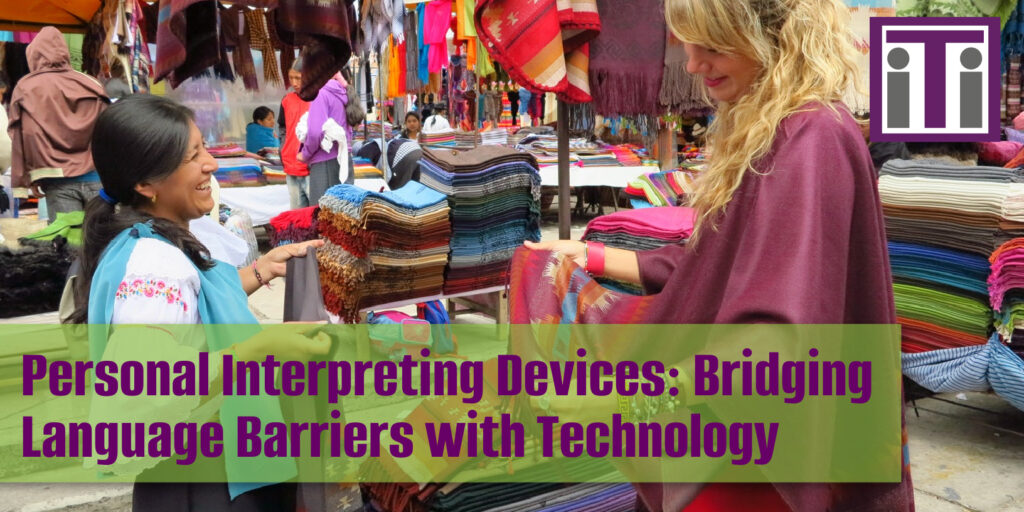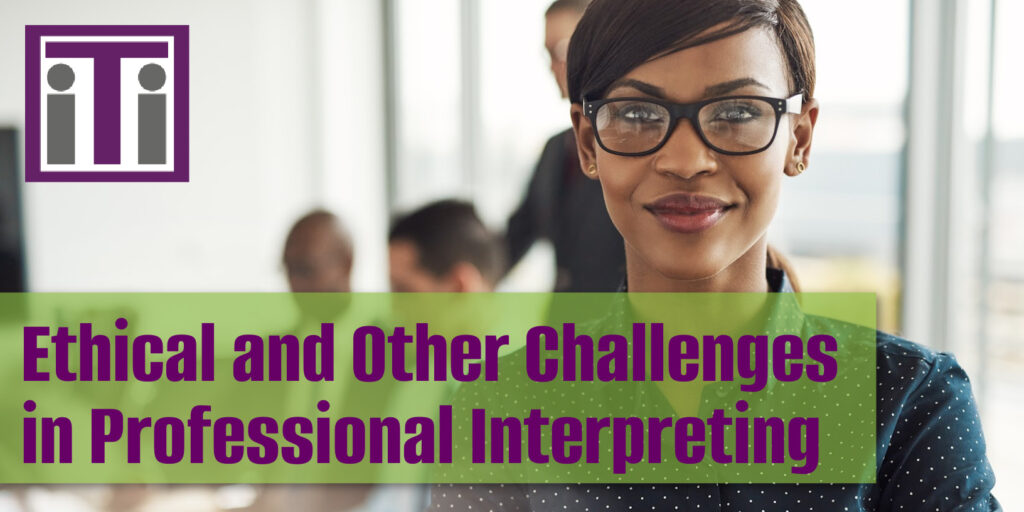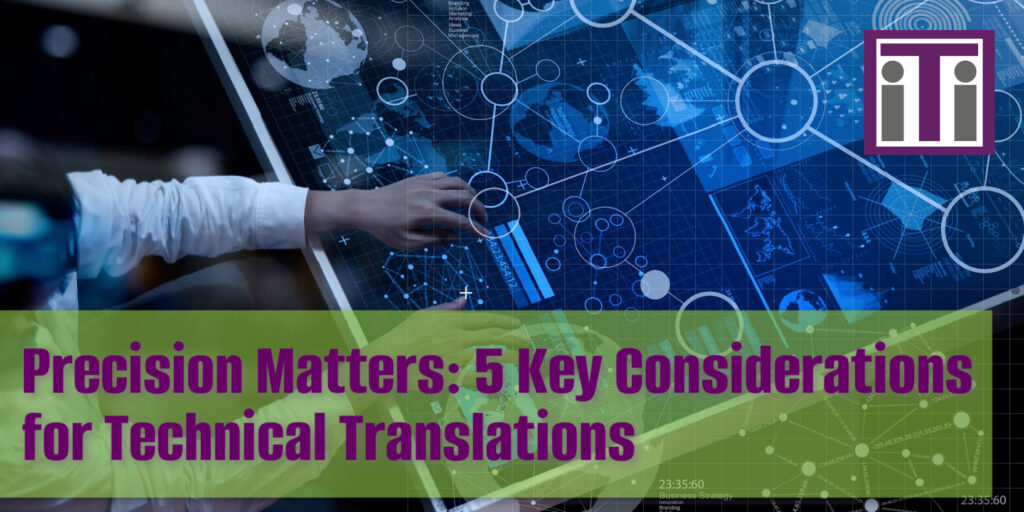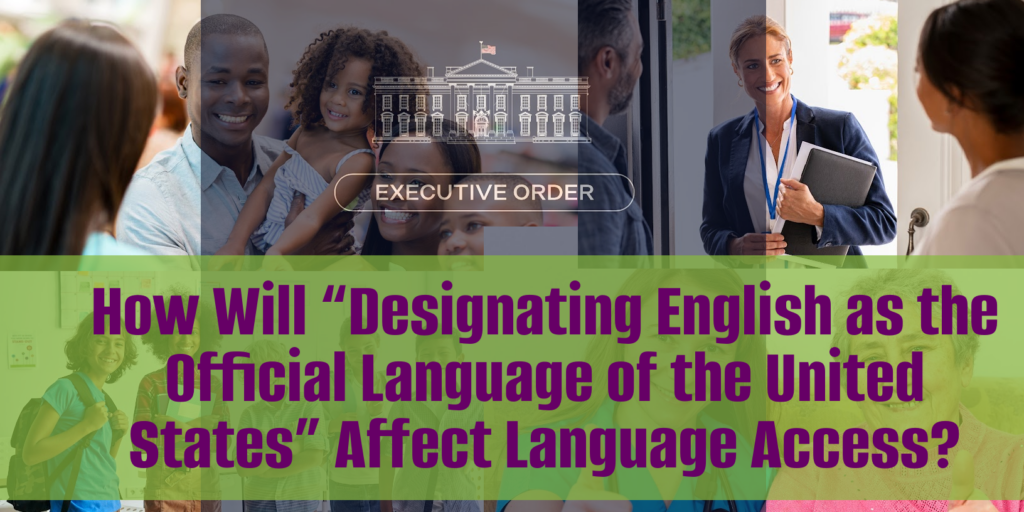Language Access in U.S. Elections
Reading Time: ~5 mins
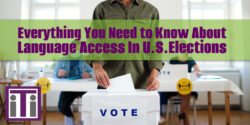
The United States has a diverse population with a significant number of citizens who are Limited English Proficient (LEP) or deaf and hard-of-hearing. Recognizing the need for inclusivity in the electoral process, federal laws mandate accommodations to ensure everyone can exercise their right to vote.
Laws and Legal Framework
Protection for Limited English Proficient (LEP) Citizens
The Voting Rights Act (VRA) of 1965 was created during the height of the civil rights movement, with the purpose of preventing racial discrimination in voting. It was later amended multiple times to expand the groups it protected to include, among others, “membership in a language minority group.”
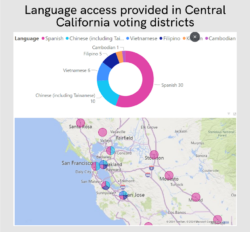 Specifically, it outlaws devices such as literacy tests that were previously used to discourage participation of minority populations. Additionally, it requires jurisdictions that have a significant minority population, according to US Census Bureau data, to provide bilingual ballots and other election materials. This was a significant step forward for election language access.
Specifically, it outlaws devices such as literacy tests that were previously used to discourage participation of minority populations. Additionally, it requires jurisdictions that have a significant minority population, according to US Census Bureau data, to provide bilingual ballots and other election materials. This was a significant step forward for election language access.
The Civil Rights Division of the U.S. Department of Justice has a resource page that include comprehensive information about language minority voting rights.
Protection for Deaf or Hard-of-Hearing Citizens
The Americans with Disabilities Act (ADA) of 1990 includes language that requires voting places to be accessible, and deaf and hard-of-hearing communities are specifically identified as protected groups. Unfortunately, not every voting jurisdiction interprets the ADA as applying to voting accommodations for the Deaf and Hard of Hearing, instead concentrating on things like wheelchair access and Braille ballots.
2002’s Help America Vote Act (HAVA) was designed to make elections more fair and inclusive and has much less ambiguous language about access and participation of individuals with disabilities. It does not, however, specifically describe the required accommodations for the hearing impaired.
Some local government election agencies have made their own arrangements to assist these voters, some with the help of non-profit advocacy organizations. Some help LEP individuals register to vote, and some community election day volunteers and bilingual poll workers provide language assistance.
Agencies and Organizations Providing Assistance
Government Resources
Included among HAVA’s efforts was the creation of the Election Assistance Commission (EAC), which offers resources related to language access for voters. Among the support it offers to voters with limited English proficiency are glossaries of election terminology in multiple languages. The commission also created the Voluntary Voting System Guidelines which establish standards for free and fair elections.
Non-Profit and Advocacy Organizations
There are several non-profit and advocacy organizations that assist Limited English Proficient (LEP) voters in the United States. Here are a few:
- Asian Americans Advancing Justice – AAJC: This organization works to protect the voting rights of Asian Americans and other LEP voters, providing assistance at the polls and advocating for better implementation of language access provisions.
- League of Women Voters: With chapters across the country, this non-partisan organization focuses on empowering voters and defending democracy. They provide voter education materials in multiple languages and assist with voter registration.
- Children’s Defense Fund: While their primary focus is on children’s rights, they also engage in activities to ensure social justice, which includes helping voters understand ballot issues impacting social justice for children.
These organizations play a crucial role in ensuring that all citizens, regardless of language proficiency, can participate fully in the democratic process.
Political Outreach and Language Diversity
In recent years, political candidates have increasingly reached out to communities who speak languages other than English. This includes delivering speeches in Spanish and other languages to connect with diverse voter groups.
Impact on Voter Support
Candidates who engage with voters in their native languages can potentially widen their appeal and gain support. Barack Obama occasionally used Spanish during his campaign speeches to connect with diverse audiences.
During the 2020 U.S. presidential election, several candidates used Spanish to address Latinx voters. Notably, Joe Biden incorporated Spanish into his campaign efforts to connect with Spanish-speaking voters. This approach was part of a broader strategy to engage with the diverse Latinx community and acknowledge their significance in the electoral process. To see more about whether this strategy influenced Latinx voters, visit this article by the Americas Society and Council of the Americas (AS/COA).
Resources for Voters Needing Language Assistance
- The Voters Guide to Federal Elections is available in multiple languages here: https://www.eac.gov/voters/voters-guide-to-federal-elections
- The National Mail Voter Registration Form can be downloaded in 21 languages including the most commonly spoken and some others here: https://www.eac.gov/voters/national-mail-voter-registration-form
- To determine whether your local political subdivision is required to provide voting materials and other assistance in your language, visit https://www.eac.gov/language-access-resources and view the PowerPoint maps provided. For each region of the United States, it will show the languages for which assistance is provided for each voting district
- For a glossary of election terminology in your native language, visit https://www.eac.gov/election-officials/glossaries-election-terminology .
It is always a good idea to contact your local election office to ask what accommodations are available at your polling place.
In Conclusion
Language accommodations are not just a matter of legal compliance but a testament to the core values of democracy itself. By championing the right to accessible information and participation for all, language professionals contribute to an election process that respects and reflects the diverse tapestry of American society.
Let’s continue to support and advocate for these essential services, guaranteeing that every citizen, regardless of language proficiency or hearing ability, has the opportunity to exercise their right to vote and engage fully in the democratic process.
| Talk to an Expert |
Interpreters and Translators, Inc. is a full-service language solutions company based in Glastonbury, Connecticut. iTi is an NMSDC-certified minority owned business.


